I will paraphrase Giovanni Pascoli in saying how I foresee the future of implantology this year: I feel like I can say that much of what appears new is in fact a return to the past or turns out to be a false promise. I look around, listen, and attend conferences, not only as a speaker but also as a participant, in Italy and worldwide. What follows here is what I feel has emerged.
Implants
They were made of machined titanium. Their surfaces have undergone a thousand evolutions, offered as thaumaturgic, and now seen as the primary cause of failure and peri-implantitis, which is obviously a new problem that had never been so dramatic in the past and has brought the most authoritative schools (including the northern European one) to say that, except for very difficult bone conditions, the first choice should continue to be machined titanium implants.
Immediate loading and all-on-four
After great promotion of these concepts at every event, these options being offered as almost routine and within everyone’s reach, today they are certainly still considered but with more circumspection, particularly in light of the literature which demonstrates that it is not always true that the success rates equal those of traditional treatments (even if too often this is the way they are sold to the patient). Furthermore, the eventual failures can lead to sometimes dramatic consequences.
Guided surgery
Again, this is a proposal that turns out to be the undisputed queen at every scientific event. Participants at these meetings are then convinced that everyone should do it, and if you do not you are a fool beyond hope. This solution, thanks to its (only apparent) operational simplicity, is sold as a way to compensate for lack of ability or experience. In reality, and in light of personal experience, it is still light years away from offering the declared safety and precision and is undoubtedly a complex tool to be entrusted to experts who know how to make good use of it. I have also discovered, thanks to my collaborators, that the same companies that push guided surgery as if it were an inescapable choice really do not want to invest too much money in educational ventures because the revenues are insignificant and market penetration too small.
All this leads me to conclude, and perhaps to some extent hope, that the implantology of the new year does not bring new products whose claim of what they offer does not have scientific support and is only based on the need of a company to stay competitive or of a speaker (so many new ones and their presentations often a little too improvised) to have his or her moment of glory!
It should probably lead us to review the therapeutic choices on the basis of the real needs of the patient, to decide according to science and conscience, and use what is really safe and validated, leaving to research groups the task of assessing any innovation not yet scientifically verified.
Dr Mauro Labanca, consultant professor of anatomy
Editorial note: This is a translation of an editorial, which was first published in the Italian Edition of implants―international magazine of oral implantology No.1, 2020.
Tags:
There is an envelope of occlusal function that we are constantly mastering for our patients. Many times it is exceptionally easy to find a position or shape...
Dr Francis Hughes, Professor of Periodontology at King’s College London in the UK, served as chair of the organising committee of EuroPerio8, held in ...
At a time when venerable institutions in numerous countries, such as the UK’s National Health Service, are already setting up their own digital ecosystems...
FLINT, US: The International College of Dentists (ICD) is proud to announce the transition of the Senior Dental Leadership Program, previously managed by ...
Dental caries is still one of the most prevalent but preventable diseases in the world. There is increasing evidence that those with poor oral health have ...
Tooth whitening treatments are of increasing importance in general dental offices and patients’ expectations of their family dentist are rising, as more ...
In a free Ivoclar Vivadent webinar on Sunday, Feb. 9, Dr. Edward Tam will be speaking about advanced implant prosthetics. Well established and respected in ...
LEIPZIG, Germany: Rural communities across the US are facing a growing oral health crisis as access to fluoridated water and dental care diminishes. This ...
KARLSHAMN, Sweden: Today marks ten years since the death of Prof. Per-Ingvar Brånemark, the Swedish physician and anatomist whose serendipitous discovery ...
HOLLY RIDGE, N.C., U.S.: Recent comparisons between the value of personal protective equipment (PPE) and the value of gold have raised some interesting ...
Live webinar
Tue. 24 February 2026
1:00 pm EST (New York)
Prof. Dr. Markus B. Hürzeler
Live webinar
Tue. 24 February 2026
3:00 pm EST (New York)
Prof. Dr. Marcel A. Wainwright DDS, PhD
Live webinar
Wed. 25 February 2026
11:00 am EST (New York)
Prof. Dr. Daniel Edelhoff
Live webinar
Wed. 25 February 2026
1:00 pm EST (New York)
Live webinar
Wed. 25 February 2026
8:00 pm EST (New York)
Live webinar
Tue. 3 March 2026
11:00 am EST (New York)
Dr. Omar Lugo Cirujano Maxilofacial
Live webinar
Tue. 3 March 2026
8:00 pm EST (New York)
Dr. Vasiliki Maseli DDS, MS, EdM



 Austria / Österreich
Austria / Österreich
 Bosnia and Herzegovina / Босна и Херцеговина
Bosnia and Herzegovina / Босна и Херцеговина
 Bulgaria / България
Bulgaria / България
 Croatia / Hrvatska
Croatia / Hrvatska
 Czech Republic & Slovakia / Česká republika & Slovensko
Czech Republic & Slovakia / Česká republika & Slovensko
 France / France
France / France
 Germany / Deutschland
Germany / Deutschland
 Greece / ΕΛΛΑΔΑ
Greece / ΕΛΛΑΔΑ
 Hungary / Hungary
Hungary / Hungary
 Italy / Italia
Italy / Italia
 Netherlands / Nederland
Netherlands / Nederland
 Nordic / Nordic
Nordic / Nordic
 Poland / Polska
Poland / Polska
 Portugal / Portugal
Portugal / Portugal
 Romania & Moldova / România & Moldova
Romania & Moldova / România & Moldova
 Slovenia / Slovenija
Slovenia / Slovenija
 Serbia & Montenegro / Србија и Црна Гора
Serbia & Montenegro / Србија и Црна Гора
 Spain / España
Spain / España
 Switzerland / Schweiz
Switzerland / Schweiz
 Turkey / Türkiye
Turkey / Türkiye
 UK & Ireland / UK & Ireland
UK & Ireland / UK & Ireland
 Brazil / Brasil
Brazil / Brasil
 Canada / Canada
Canada / Canada
 Latin America / Latinoamérica
Latin America / Latinoamérica
 USA / USA
USA / USA
 China / 中国
China / 中国
 India / भारत गणराज्य
India / भारत गणराज्य
 Pakistan / Pākistān
Pakistan / Pākistān
 Vietnam / Việt Nam
Vietnam / Việt Nam
 ASEAN / ASEAN
ASEAN / ASEAN
 Israel / מְדִינַת יִשְׂרָאֵל
Israel / מְדִינַת יִשְׂרָאֵל
 Algeria, Morocco & Tunisia / الجزائر والمغرب وتونس
Algeria, Morocco & Tunisia / الجزائر والمغرب وتونس
 Middle East / Middle East
Middle East / Middle East


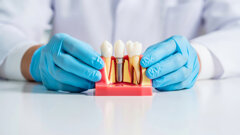


















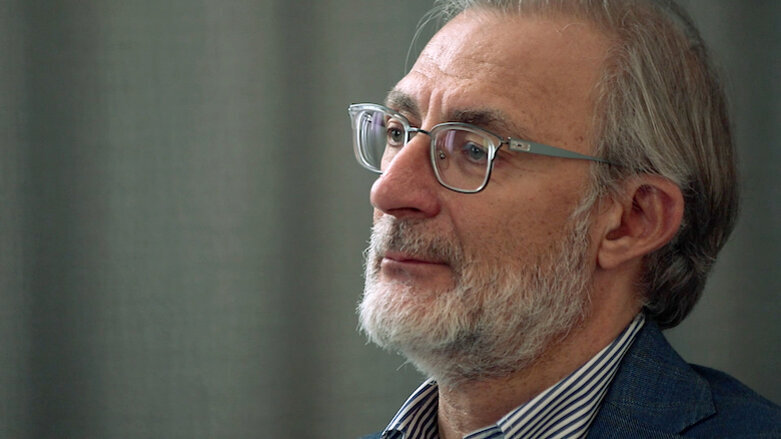


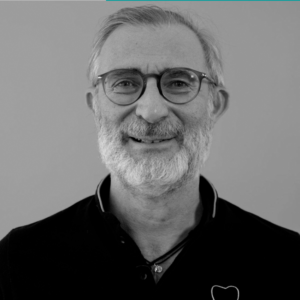
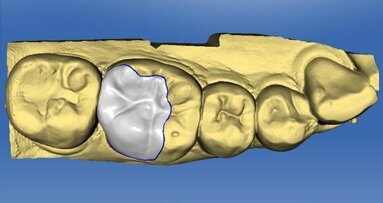
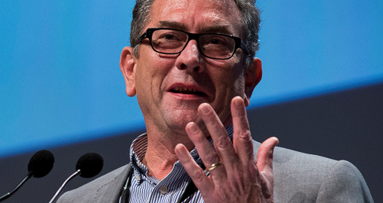
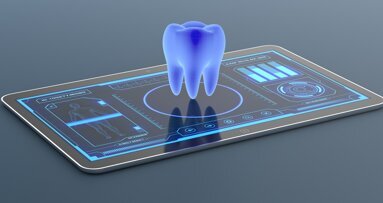
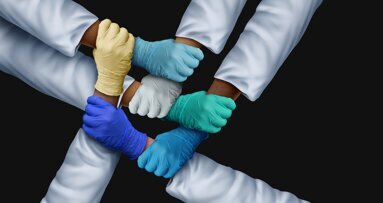
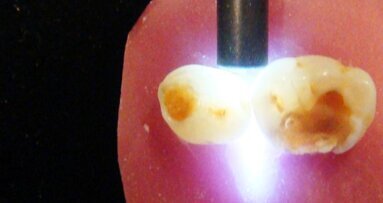
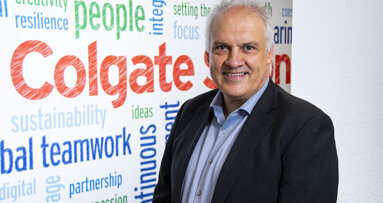

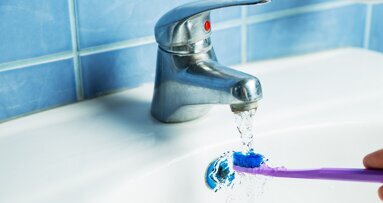

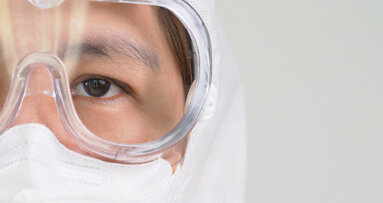









To evaluate any treatment you always have to consider the following: Whatever new material you will use, you can never beat Nature. The results of nature are wonders of millions of years of testing. Long term results of dental materials or new procedures often never exceeds 10 years of evidence. When in doubt trust nature and never a new material. Spent your time in keeping teeth free of plaque and in as original shape as possible.
Most disasters of old people’s teeth are of iatrogenic reasons.
Spending more time on prophylaxis will help more people and better help reaching UN’s Sustainable Development Goal #3